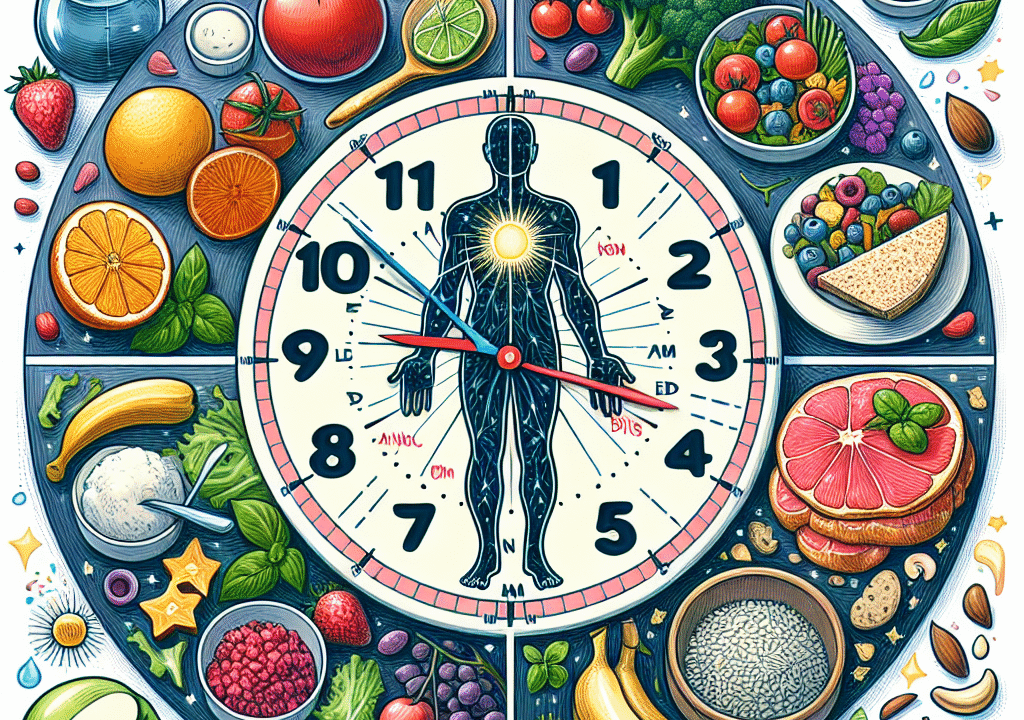
Plant-Based Family Dynamics: A Peaceful Transition to Healthier Living
Adopting a plant-based lifestyle as a family can be deeply rewarding. Beyond the well-known health benefits—such as a reduced risk of heart disease, diabetes, and certain cancers—it encourages environmental consciousness and compassion for animals. A 2021 study by Oxford University found that switching to a vegan diet can shrink your carbon footprint by up to 73 percent.
That said, transitioning to a plant-based household isn’t always smooth sailing. You might face hesitation from a meat-loving spouse, skeptical grandparents, or kids who won’t let go of their chicken nuggets. But change doesn’t have to be chaotic. With thoughtful communication, patience, and simple meal-planning strategies, you can move your family toward a healthier and more compassionate lifestyle—without the drama.
Start with Information, Not Demands
A successful transition begins with gentle leadership, not strict rules. Completely emptying the fridge of non-vegan items can trigger resistance. Instead, initiate open conversations about why you’re exploring a plant-based lifestyle.
Use family-friendly documentaries like Forks Over Knives, The Game Changers, or What the Health to fuel curiosity and discussion. Tailor the benefits to your family’s concerns:
– “A plant-based diet might help reduce our son’s eczema.”
– “Eating more plants could save us money at the grocery store.”
– “Even cutting back on meat can make a difference for the planet.”
According to Dr. Michael Greger, author of How Not to Die, using evidence-based resources promotes understanding and minimizes conflict. Facts educate—ultimatums alienate.
Model the Change and Be Patient
You are your family’s best example. Incorporate more plant-based meals into your personal routine and talk about the positive effects you’re noticing. Are you feeling more energetic? Sleeping better? Fewer mid-afternoon energy slumps?
A study in the Journal of Nutrition Education and Behavior (2020) showed that when one parent adopted more plant-based foods, other family members naturally increased their intake of fruits and vegetables by 25 to 35 percent—even without any direct pressure.
Let others join at their own pace and support them along the way. Progress, not perfection, is the goal.
Reimagine Family Favorites
Instead of eliminating beloved meals, give them a plant-based twist. Familiar dishes are easier to accept when they stay close to their original flavors and forms. Consider these revamped classics:
– Spaghetti Night → Lentil Bolognese over whole wheat pasta
– Taco Tuesday → Black beans and roasted sweet potatoes with avocado
– Pizza Night → Dairy-free cheese and colorful veggie toppings
Start with one or two plant-based dinners per week—like a Meatless Monday—and grow from there. As confidence builds, so will enthusiasm.
Involve Kids in Choosing and Cooking Food
Getting children excited about new foods is easier when they help make them. Empower your kids by involving them in grocery shopping and meal preparation. This not only teaches life skills but also reduces fussiness at the dinner table.
Family-friendly ideas include:
– Letting each child pick a new vegetable to try each week
– Creating personalized smoothie recipes
– Making taco bars with a variety of toppings to choose from
Dr. Yami Cazorla-Lancaster, pediatrician and author of A Parent’s Guide to Intuitive Eating, affirms that hands-on experiences foster curiosity and acceptance.
Foster a Judgment-Free Household
Support, not shame, builds lasting habits. If your teen eats meat at a party or your partner sticks with dairy creamer, avoid guilt-tripping. Harsh critiques can damage trust and deter long-term change.
Instead, create a space for experimentation and shared discovery:
– Host family tasting parties with new plant-based dairy alternatives
– Vote on the week’s favorite plant-based meal
– Praise small wins instead of focusing on lapses
According to the Academy of Nutrition and Dietetics, flexible and supportive environments are more effective for achieving healthy habits than rigid ones. Make your home a safe space for exploration and growth.
Stock Up on Irresistible Plant-Based Staples
One of the easiest ways to reduce cravings for animal products is by making tasty plant-based alternatives readily available. When your kitchen is stocked with delicious and convenient plant-based options, healthier choices become second nature.
Here are a few family-approved ideas:
– Hummus and veggie sticks
– Roasted chickpeas
– Non-dairy yogurts (like Silk or So Delicious)
– Fruit smoothies with oat milk
– Whole-grain pasta with veggie-packed sauce
– Frozen veggie nuggets or tenders
– Banana-based “nice cream”
There are also plenty of plant-based treats available, like dark chocolate, dairy-free cookies, and ice cream from companies such as Ben & Jerry’s Non-Dairy line or Enjoy Life.
And if lactose intolerance is a concern, families can explore informative resources with dietary solutions through sites like edrugstore.com.
Celebrate Small Victories
You don’t need to be 100 percent plant-based to make a difference. Celebrate progress in any form—whether that means choosing almond milk instead of dairy or trying tofu for the first time.
Harvard Medical School notes that even reducing animal-based foods by 30 percent can significantly benefit heart and gut health.
Acknowledge each family member’s contributions with gratitude. The more they feel appreciated and supported, the more likely they are to continue making better choices.
Conclusion: Growing Together as a Plant-Powered Family
Shifting your family toward a plant-based lifestyle doesn’t have to be stressful. With patience, effective communication, and a spirit of collaboration, your household can become healthier and more connected.
From trying new recipes to learning together, the plant-based journey can bring a family closer—one plate at a time.
Want to Get Started Today?
Download our FREE 7-Day Plant-Based Family Meal Plan to explore simple, satisfying meals the whole family will enjoy. (Insert link or newsletter sign-up here)
Have you started transitioning your family to a plant-based lifestyle? Share your experiences and tips in the comments below!
References:
– Greger, M. (2015). How Not to Die. Flatiron Books.
– Oxford University. (2018). Reducing food’s environmental impacts through producers and consumers.
– Journal of Nutrition Education and Behavior. (2020). Family Eating Dynamics and Child Plant-Based Food Acceptance.
– Harvard Health Publishing. (2021). Plant-based diets: The key to optimal heart health?
– Academy of Nutrition and Dietetics. (2019). Position on Vegetarian Diets.
– Cazorla-Lancaster, Y. (2020). A Parent’s Guide to Intuitive Eating.
– USDA Economic Research Service. (2022). The Cost of Healthy Eating.


